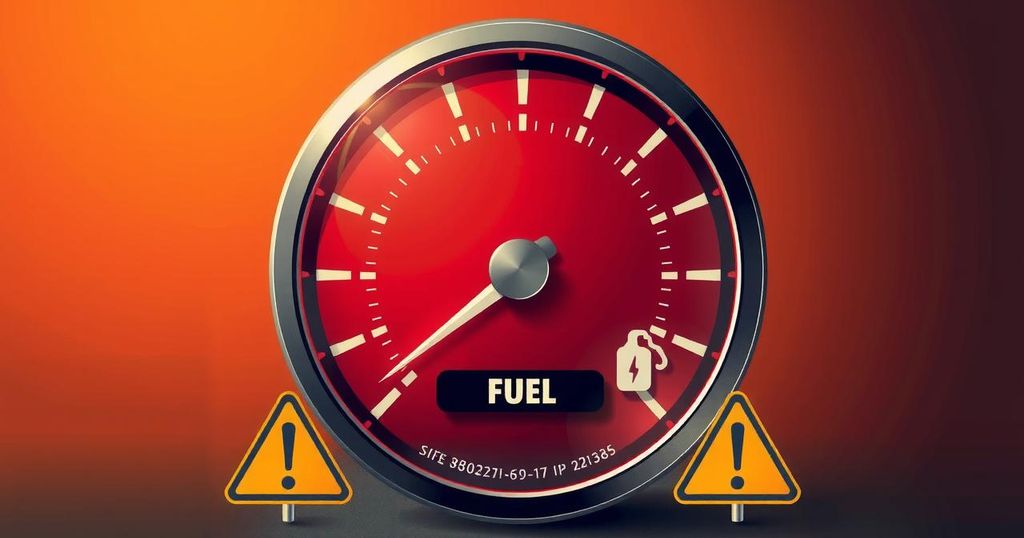Concerns Rise Over Proposed 15% Fuel Levy by Rwandan Government
On March 19, MPs raised concerns about a proposed 15 percent fuel levy, warning it could raise consumer prices. The proposal, aimed at revising the existing fuel levy, suggests replacing the fixed Rwf115 charge with a percentage levy based on petrol and diesel import values. Minister Godfrey Kabera defended the change, stating it reflects current market realities while ensuring that road users contribute to maintenance. MPs expressed fears about competitiveness of local goods and potential economic strain on consumers. The bill is still under parliamentary review.
On March 19, Members of Parliament (MPs) expressed concerns regarding the government’s intention to implement a 15 percent fuel levy, suggesting it could elevate the cost of goods and services for consumers. This proposal is part of a draft law designed to revise the existing fuel levy framework by introducing an annual levy on motor vehicles.
The legislation aims to supplant the current fixed charge of Rwf115 per litre with a percentage-based levy calculated on the cost, insurance, and freight (CIF) value of petrol and diesel imports. Godfrey Kabera, Minister of State for National Treasury at the Ministry of Finance and Economic Planning (MINECOFIN), asserted that the unchanged Rwf115 levy since 2016 has failed to keep pace with rising fuel prices and increased road maintenance demands.
Kabera explained, “This levy accounted for 15 percent of the price of petrol in 2016, but fuel prices have since increased, while the levy remained unchanged. The proposed adjustment ensures the levy reflects current market realities.” The government claims that the additional revenue from the levy will enhance road infrastructure, mitigate traffic congestion, and provide sustainable funding for road maintenance.
MP Jean Claude Ntezimana expressed apprehensions that increasing the levy could threaten Rwanda’s competitive fuel pricing, typically kept low despite the nation’s landlocked status. He cautioned about potential repercussions on transportation costs, which would ultimately burden consumers. “If this levy is increased while prices are already high, won’t that place an even greater financial strain on citizens?” he queried.
Echoing similar sentiments, MP Beth Murora highlighted the possible adverse effects on locally produced goods, which may become less competitive against cheaper imported products. “There are already products sourced from abroad that arrive at lower prices than those produced domestically. How do we ensure that this tax does not further disadvantage locally made goods?” she inquired.
Kabera assured MPs that the levy increase would be gradual and would have a minimal impact on fuel prices, estimating that if applied to current prices, the levy would rise from Rwf115 to Rwf150 per litre—an increase of only Rwf35. Moreover, he emphasized that road users should primarily bear the costs of road maintenance rather than transferring this burden to the general populace.
He also mentioned that the government is ready to implement mitigating measures in case of unexpected fuel price surges, stating, “We recognize the need to balance revenue generation with economic stability. If fuel prices rise too sharply, the government can step in with interventions to prevent excessive price hikes.” The bill remains under parliamentary consideration as MPs seek further insights into its economic implications and the potential impact on the cost of living.
In conclusion, the proposed 15 percent fuel levy has raised significant concerns among MPs regarding its potential effects on consumer prices and the competitiveness of local goods. While the government defends the levy as necessary for infrastructure funding and adaptable to current market conditions, the gradual implementation and contingency measures will be critical to addressing the economic stability of consumers and businesses alike.
Original Source: www.newtimes.co.rw




Post Comment